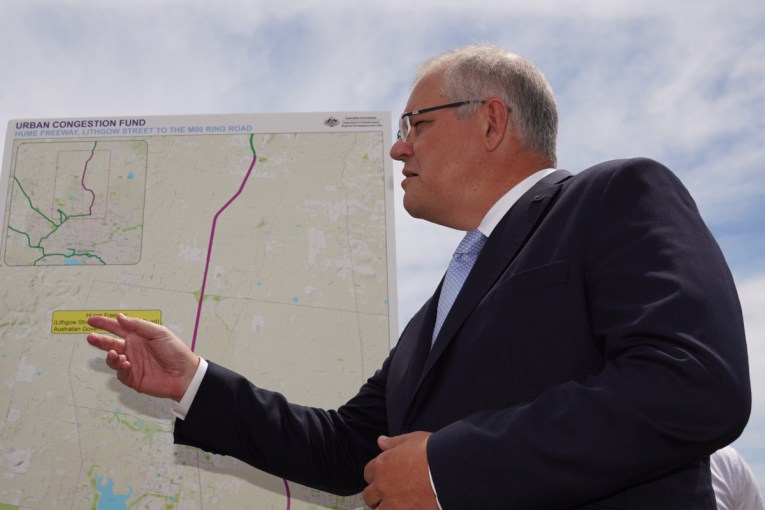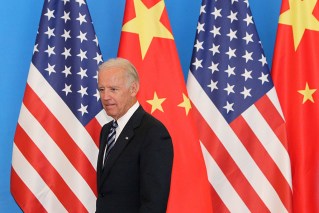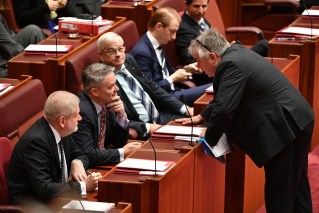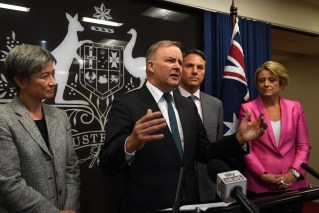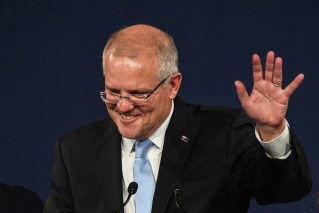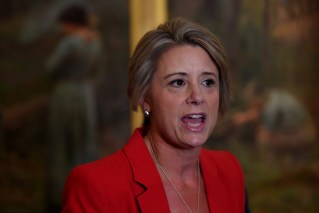Lack of climate agenda could hurt Coalition on voting day
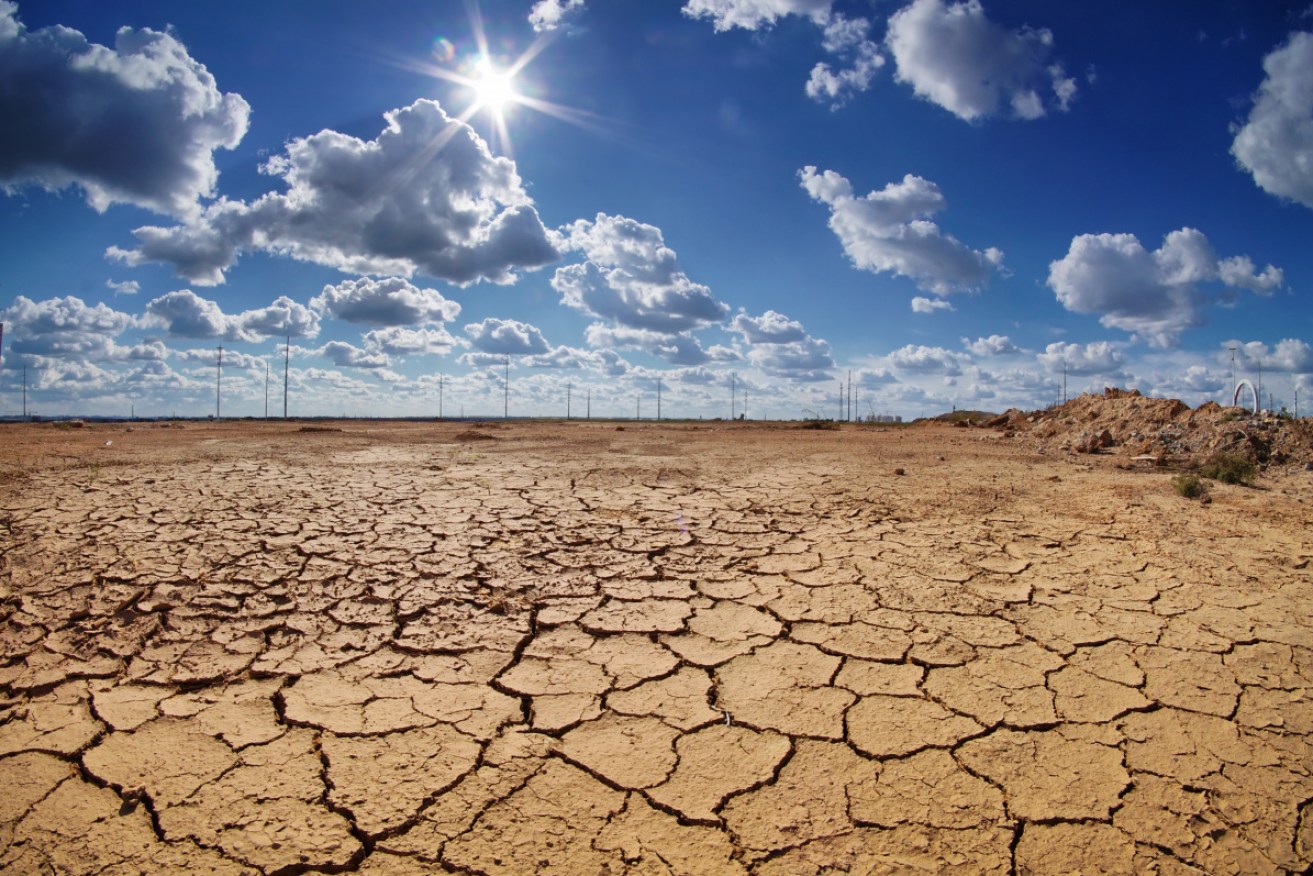
Photo: Getty Images
The results are in on a test of how Australia’s major political parties plan to take care of the environment – and it looks like there could still be a long way to go to allay climate fears.
The Australian Conservation Foundation (ACF) assessed how the parties stack up on their policies, awarding the Coalition the lowest mark on the scorecard.
Out of a possible score of 100, the Liberal-Nationals received a dismal score of four. The Labor Party was closer to the middle, coming in with 56, while the Greens scored the highest at 99.
“What these results show is that we cover a huge scope when it comes to climate change. Unfortunately though at the moment we are in a race to the bottom,” ACF head of campaigns Paul Sinclair said.

Source: Australian Conservation Foundation
‘A race to the bottom’
The ACF – an independent, non-partisan national environment organisation –assessed the major parties by analysing their environmental policies against 50 key tests.
This included seeing how their policies would ramp up renewables, phase out coal and protect nature.
Of particular concern, Dr Sinclair said, was how the Coalition scored.
“Scoring four out of 100 is abysmal. They are stuck in the old way of thinking, which is all about coal and not about renewables,” Dr Sinclair said.
So far, the Liberals’ major climate change policy is the Emissions Reduction Fund (ERF), which is a voluntary scheme to encourage organisations to cut carbon emissions.
The policy has remained largely unchanged since 2016.
It is also notable that under it, Australia’s carbon emissions have actually increased, not fallen.
The government provided evidence of this in its National Greenhouse Gas Inventory report from September 2018.

Australia’s emissions climbing upwards since 2016. Source: Department of Environment and Energy
“It’s shocking that a government can go through a campaign cycle again and rely on this ineffective policy as its main plan to tackle climate change,” ACF chief executive officer Kelly O’Shanassy said in a statement.
“It shows a disregard for farmers, survivors of natural disasters fuelled by global warming, and the next generation of Australians.”

Sheep farmer Wayne Smith stands in the dry river bed of the Darling River on his property near Pooncarie, in February. Photo: AAP
In a comment to The New Daily, a party spokesperson said the Coalition was confident their policies will strike a balance for the environment and the economy.
“Our targets are responsible and represent a halving of emissions per person and the emissions intensity of the economy by 2030,” the spokesperson said.
Environment a concern for all
By all indications though, concern for climate change is likely to be a decisive issue in this election.
The ABC’s Vote Compass – a survey tool that records Australians political views – showed that climate was a key concern for voters this year more than ever before.
So far 29 per cent of Vote Compass participants have elected the environment as their chief concern, making it the top reported issue.
Three years prior, concern for environmental policy was around 9 per cent.
“Australians are concerned about stopping climate change and protecting nature – they are top issues at this election ” Ms O’Shanassy said.
According to Vote Compass, Greens voters unsurprisingly ranked the environment as their number-one issue (63 per cent).
Labor voters voiced the environment as their top issue also (40 per cent), followed by the economy and health care (each 11 per cent).
Coalition voters, unsurprisingly voiced the economy as their top issue (44 per cent), but the environment was second (10 per cent).
This means that for the Coalition, their environment policies could be decisive in their attempt to secure government.
Dr Kate Dooley, a research fellow at the University of Melbourne specialises in environmental policy. She says the Coalition risks losing the votes of some of their own.
She says more people, especially in regional areas who may have traditionally voted along Liberal-National lines, are growing increasingly concerned about the environment.
“They are not even attempting to win over voters concerned about the environment. They’re making it clear that they are governing first and foremost for the mining and other extractive industries,” Dr Dooley told The New Daily.
Labor not perfect
According to the ACF, it is not only the Coalition badly lagging in robust environmental policy. They also said Labor should do more.
“They are only halfway there. They scored 59,” Dr Sinclair said.
The party’s commitment to cut carbon and develop the renewable energy sector was viewed favourably, however their uncommitted stance on the Adani coal mine negatively affected their score.
“They’re nowhere on that issue, and that’s a bit concerning for us,” Dr Sinclair said.
The only party that the ACF said was impressive was, unsurprisingly, the Greens.
This election their climate change policies include phasing out coal entirely and establishing a renewable energy export industry.
All treated equally
The ACF said it ensured that all parties were treated fairly when it came to assessing their environment policies.
“At the end of this we always get Labor telling us we are too close to the Greens and the Liberals say we are too close to Labor and the Greens,” Dr Sinclair said.
“We tell them the same thing though: If they want a better score, come to us with better policies.”
To read how the ACF measured party policies, click here.
To see how minority parties ranked, click here.
